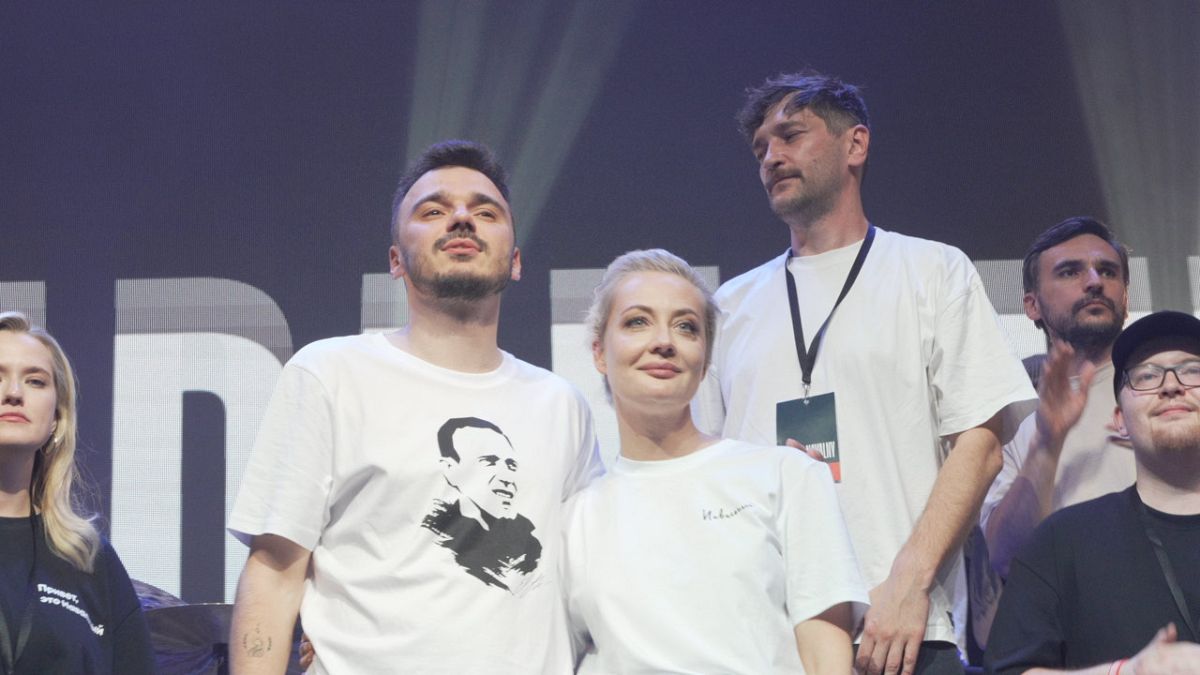The death of Russian opposition leader Alexei Navalny has left his wife Yulia vowing to continue his work, despite facing an arrest warrant from Russia. Navalny was a controversial figure, with past racist remarks affecting some perceptions of him. However, his actions gave hope to many who opposed Russian President Vladimir Putin. Yulia Navalnaya has continued to speak out, calling for dignity, honor, truth, and love in the face of adversity. Her arrest warrant has sparked concerns about the future of the opposition movement in Russia.
While Navalny’s death has left a significant gap in the Russian opposition, there are questions about who could step up as a new leader. Anke Giesen, a member of the board of the German and international association ‘Memorial,’ is pessimistic about finding a replacement for Navalny. The pressure, surveillance, and extreme laws in Russia make it difficult for a new figure to emerge. The democratic opposition, both within Russia and in exile, remains connected through the internet, though Putin’s plans for a cut-off internet could disrupt this.
Manvel, a politics student with connections to the Russian opposition, sees the opposition divided into different groups, each with its own potential effectiveness. He emphasizes the need for unity among these groups to effectively push back against Putin’s regime. Manvel calls for a joint council or commission to drive forward a strategy against Putin, similar to the Opposition Coordination Council formed in 2012. He also suggests increasing the brain-drain and money drain from Russia to weaken Putin’s economy.
In light of Navalny’s legacy and the ongoing challenges facing the Russian opposition, there is a call for pragmatic, rational policies to drive change. The opposition in exile should focus on building democratic institutions and working collaboratively with Western countries to increase pressure on Putin’s regime. By urging national parliaments and international bodies to support the brain drain and money drain from Russia, the opposition can weaken Putin’s economy and potentially bring about political change in Russia. As the future of the opposition movement remains uncertain, the need for strategic thinking and unity is more important than ever.











